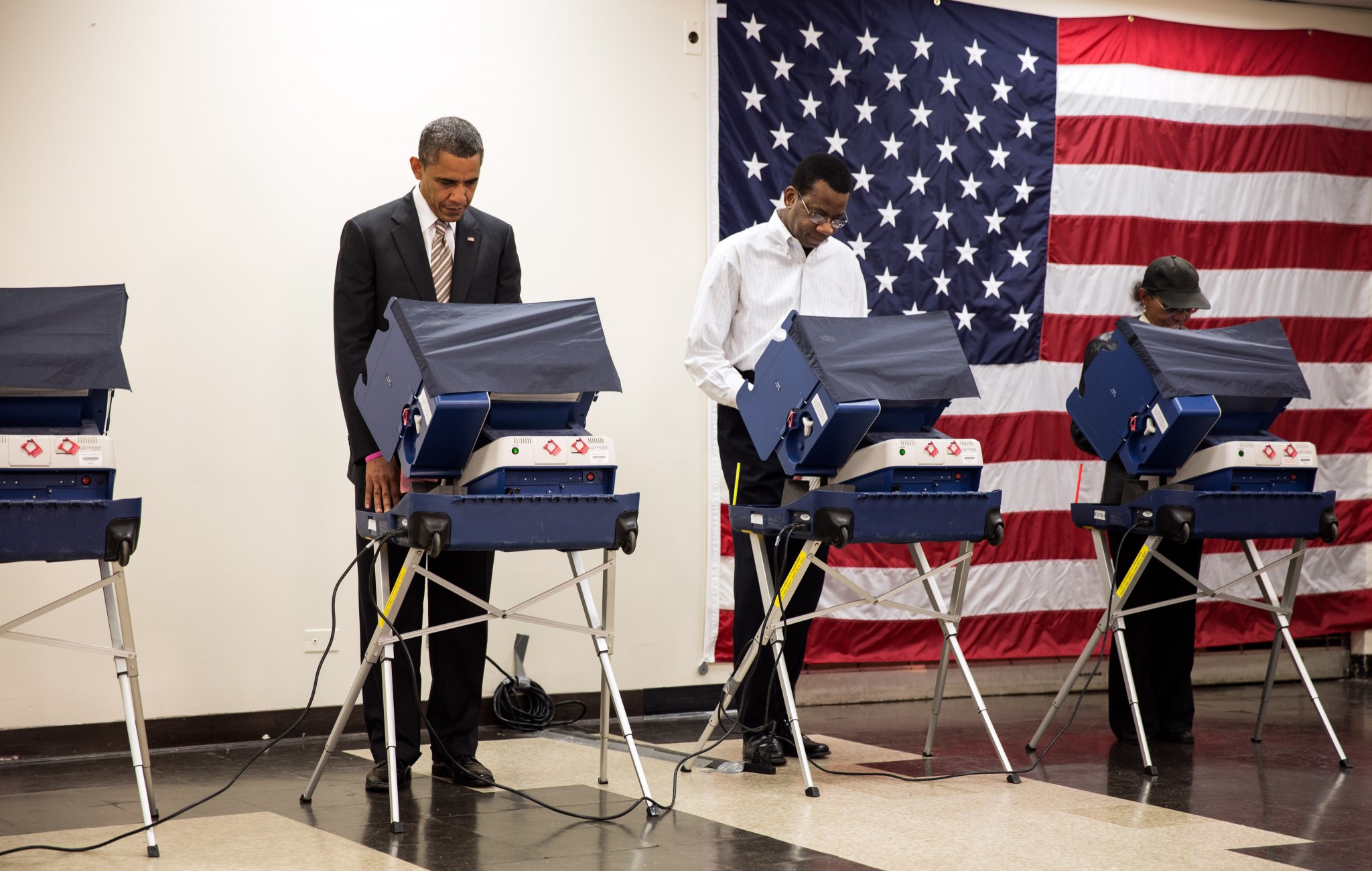This past Tuesday, my beloved Greensboro, North Carolina had its nonpartisan municipal primary. For all the campaigning and tweeting and canvassing that occurred, the election had an 8.11% voter turnout according to the Guilford County Board of Elections. 8.11%.
I know this is an off-year municipal primary, and very few people care about municipal politics as much as I do, but this still hurts. In 2012 North Carolina was a swing state in the presidential election, one that Barack Obama won in 2008 and wanted to hold on to. North Carolina went Obama by just 14,000 votes in 2008. Because of this, both sides had large voter registration drives. With nearly every eligible voter in NC registered only a year ago, only 8.11% of Greensboro voters came out to select who would be on the ballot for Mayor.
This problem is not unique to North Carolina, in the 2010 statewide primary in Providence, the one that gave Mayor Taveras the democratic nod; Taveras captured the nomination with 11,897 votes in a city of 180,000. Only about 22% of New York’s registered Democrats voted to give Bill de Blasio the nod. On the Republican side, only 12% of registered GOPers in five boroughs got out to vote for Joe Lhota. This is the race to lead the largest city in America!
So, what can we do about this? We live in a political commonwealth, where the powers of these elected offices are supposed to come from the people. What does it mean for democracy when the people fail to give their voice to the election of their local officials? It also means something that the voters in these elections are a self-selecting group. The diehards who always vote. Since one cannot reach the general election without getting through them, they pull the candidates their way. This is what commentators mean when they say the Republican primary base pulled Mitt Romney too far to the right.
To moderate their elections, Australia has implemented mandatory voting. That’s right, if you fail to vote in Australia you have to pay a fine. One advantage to this is the electoral tone. Attack ads are overwhelmingly a voter turnout tool. Attack ads aim to make people less excited about their candidate, so they may fail to vote. Mandatory voting would take the effectiveness of this strategy away. Those in Ohio who complained about the volume of attack ads may appreciate that.
Last week, I received a lot of feedback about my link to Professor Larry Sabato’s proposed 23 amendments to the constitution. Should proposal number 24 be mandatory voting? In 2012, voter turnout for the Obama-Romeny race was 57.5%. Is that the democracy we want?
